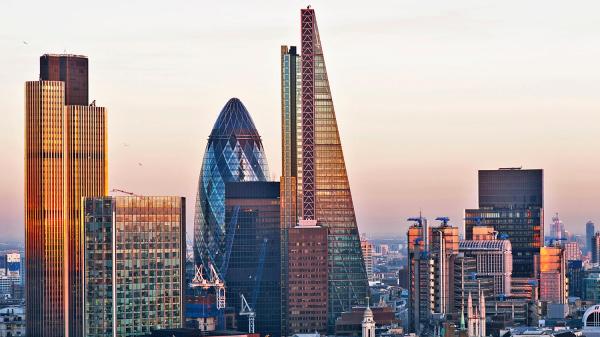Global cities
Global cities (sometimes referred to as power cities, world cities, alpha cities or world centres) are cities that form primary urban hubs in the global economy.
The term originated in the 1980’s during research into common the characteristics of the world’s most significant cities, and has been popularised more recently with the focus on globalisation. Globalisation has become one of the key phenomena of the modern life, but there controversy about what it actually means and whether and how far it is to be welcomed. For more information see: Globalisation.
Global cities can be seen as key nodes in the global network of industry, culture, finance, and communications. As a result they have creative, competitive, political and economic advantages and are in some ways more connected to other global cities than they are to the countries that they are part of. At the same time however, they are in competition with the other global cities.
Global cities are linked to the rise of global companies and global supply chains. However, they can suffer from societal fragmentation with large disparities between the living standards of traditional workers relative to those in well-paid, globalised roles.
Criteria for the designation of global cities is highly contested, but generally global cities are thought to include:
The term ‘megacity’ refers to metropolitan areas with a total population of more than 10 million people. For more information see: Megacity.
[edit] Related articles on Designing Buildings
Featured articles and news
Reform of the fire engineering profession
Fire Engineers Advisory Panel: Authoritative Statement, reactions and next steps.
Restoration and renewal of the Palace of Westminster
A complex project of cultural significance from full decant to EMI, opportunities and a potential a way forward.
Apprenticeships and the responsibility we share
Perspectives from the CIOB President as National Apprentice Week comes to a close.
The first line of defence against rain, wind and snow.
Building Safety recap January, 2026
What we missed at the end of last year, and at the start of this...
National Apprenticeship Week 2026, 9-15 Feb
Shining a light on the positive impacts for businesses, their apprentices and the wider economy alike.
Applications and benefits of acoustic flooring
From commercial to retail.
From solid to sprung and ribbed to raised.
Strengthening industry collaboration in Hong Kong
Hong Kong Institute of Construction and The Chartered Institute of Building sign Memorandum of Understanding.
A detailed description from the experts at Cornish Lime.
IHBC planning for growth with corporate plan development
Grow with the Institute by volunteering and CP25 consultation.
Connecting ambition and action for designers and specifiers.
Electrical skills gap deepens as apprenticeship starts fall despite surging demand says ECA.
Built environment bodies deepen joint action on EDI
B.E.Inclusive initiative agree next phase of joint equity, diversity and inclusion (EDI) action plan.
Recognising culture as key to sustainable economic growth
Creative UK Provocation paper: Culture as Growth Infrastructure.
Futurebuild and UK Construction Week London Unite
Creating the UK’s Built Environment Super Event and over 25 other key partnerships.
Welsh and Scottish 2026 elections
Manifestos for the built environment for upcoming same May day elections.
Advancing BIM education with a competency framework
“We don’t need people who can just draw in 3D. We need people who can think in data.”
























